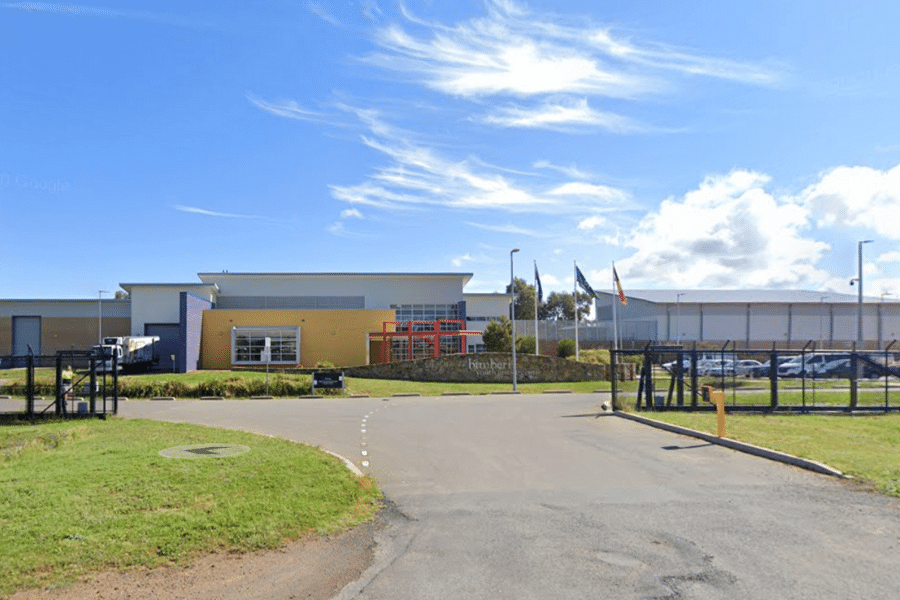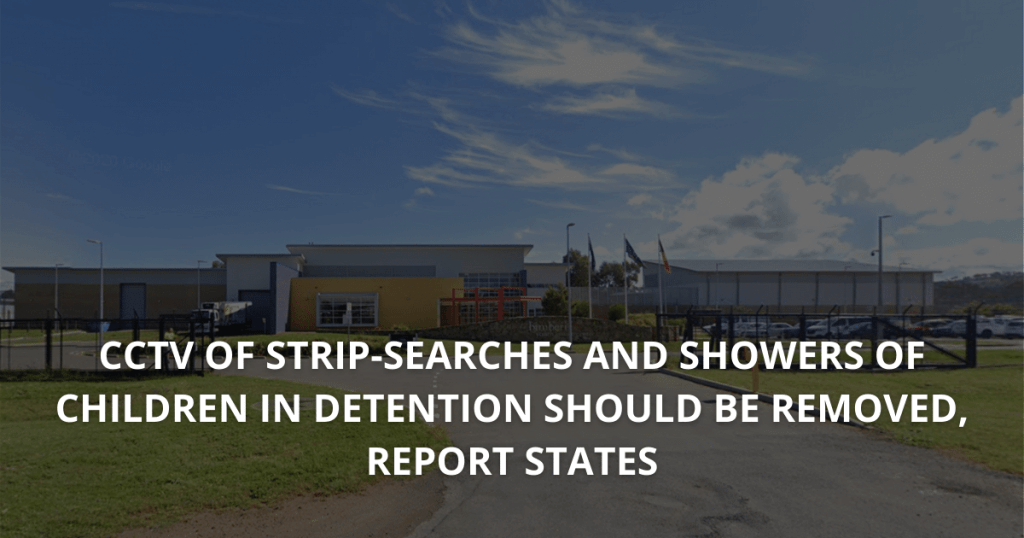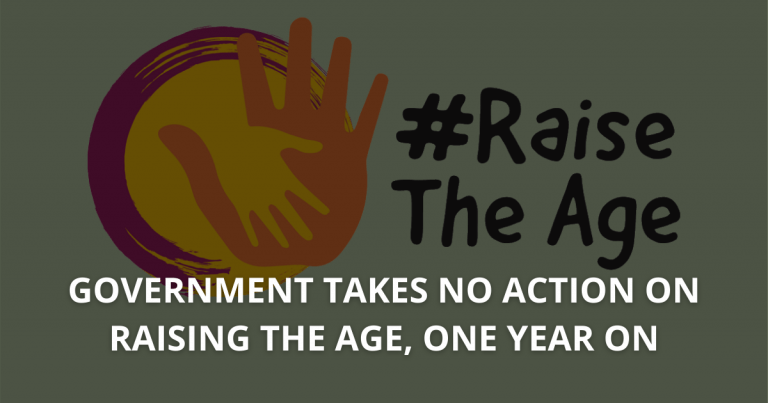A report from the ACT Inspector for Correctional Services has found that security cameras of children showering or being strip-searched violate their dignity. He recommended the removal of the cameras.
ACT Inspector for Correctional Services Neil McAllister released the ACT’s youth detention centre’s first healthy centre review. He found that while strip-searching practices are sound, the dignity of prisoners suffers from the camera’s presence.
Cameras to be removed to protect children

The cameras are at Bimberi Youth Detention Centre in places where the children shower, get changed and get strip-searched. The cameras can be turned on from the control room at any time and the footage is stored for 30 to 45 days, increasing the risk of viewing by further staff members, the review stated.
There is a wall in the room to provide privacy for the child from the staff member. Bimberi stated that the camera was only there “protect the staff member conducting the search from unfounded allegations”. However, Inspector McAllister dismissed this.
“The review team found that the wall does not adequately protect the privacy of the young detainee,” the review said. “It is entirely possible the unclothed bodies of young detainees, especially their top half, could be viewed on this camera.
“It is also inappropriate to have a CCTV camera in a room regularly used for young detainees to shower and change their clothes.”
Lack of food and education
The report also found that sometimes the children did not have access to food for more than 13 hours. This occurs when they are secured overnight. Additionally, no self-catering options were available. Sometimes, this is even longer if the cells aren’t unlocked when planned.
The health and education program was found to be lacking with the program described as “ad hoc rather than based on what therapeutic outcomes young detainees need”.
“Throughcare is an important way to prepare young detainees to re-enter the community and, if done properly, can reduce the likelihood of them returning to Bimberi,” said Inspector McAllister.
The Australian Law Reform Commission (ARLC) defines throughcare, as follows:
Prisoner throughcare projects provide comprehensive case management for a prisoner in the lead up to their release from prison and throughout their transition to life outside. Projects aim to make sure prisoners receive the services they need for successful rehabilitation into the community. Good throughcare ‘starts in custody well before walking out of the prison gate’, and provides hands on, intensive support, especially at the moment of release.
More needed for kids with disabilities
The ACT Council of Social Service (ACTCOSS) CEO Dr Emma Campbell called on the ACT Government to prioritise staff training and data collection on young people with a disability inside the centre.
“Even though young people with disabilities are overrepresented in the youth justice system, there is currently no clear screening mechanism to identify and support the needs of those young people at Bimberi,” Dr Campbell said.
“Bimberi does not currently provide adequate training in disability awareness for youth detention officers, and there is no data collection on the health needs of young people at Bimberi even though similar data is collected in other jurisdictions.”
The report made 93 findings and 27 recommendations. Dr Campbell encouraged the ACT Government to accept these in a timely manner.
The ACT Government has six months to officially respond to the report after its tabling in the Legislative Assembly on Tuesday, 22 June.






